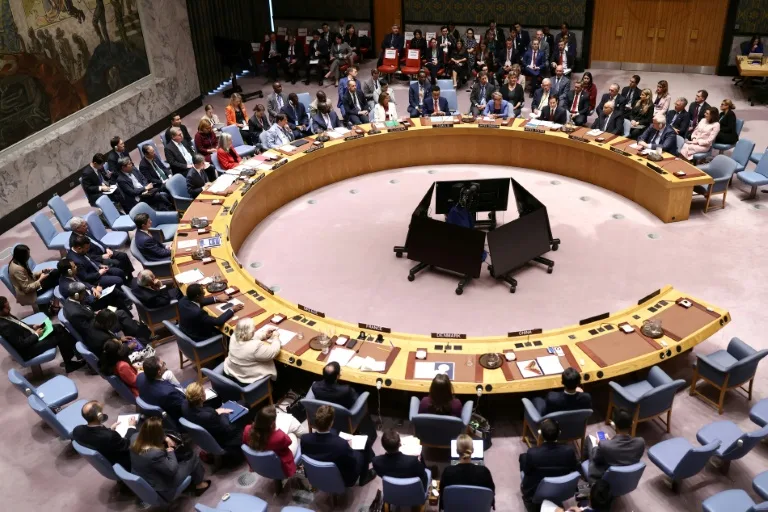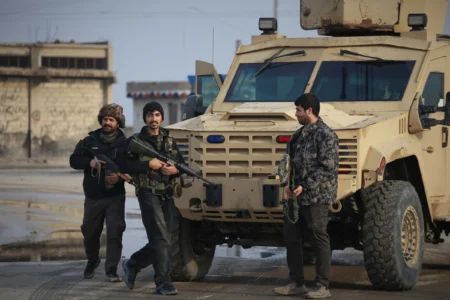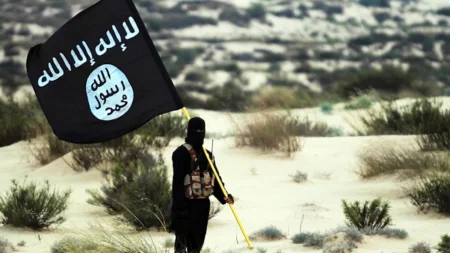The UN Security Council is set to vote Monday on a U.S.-drafted resolution supporting Donald Trump’s Gaza peace plan, including the deployment of an international force. Washington warned that failure to act could trigger renewed fighting in the region.
The draft resolution has undergone multiple revisions following high-stakes negotiations and formally endorses the plan that helped maintain a fragile ceasefire between Israel and Hamas on October 10.
The Gaza Strip has been devastated after two years of conflict, triggered by a Hamas attack on Israel on October 7, 2023. The latest version of the resolution authorizes the creation of an International Stabilization Force (ISF). The ISF would work alongside Israel, Egypt, and newly trained Palestinian police to secure borders, protect civilians, decommission weapons from armed groups, and maintain humanitarian aid corridors.
The resolution also proposes a transitional governing body, called the “Board of Peace,” which Trump would theoretically chair, with authority extending until the end of 2027. Unlike earlier drafts, this version references the potential for a future Palestinian state, noting that reforms and Gaza’s reconstruction could create a credible pathway to self-determination and statehood.
Israel has firmly rejected the idea of a Palestinian state. “Our opposition to a Palestinian state on any territory has not changed,” Prime Minister Netanyahu said at a cabinet meeting Sunday.
The Security Council vote is scheduled for 5:00 p.m. local time (2200 GMT) Monday.
Russian Objections
Russia, a veto-wielding member, circulated a competing draft, criticizing the U.S. plan for not sufficiently supporting a Palestinian state. Moscow’s text emphasizes the two-state solution and requests that UN Secretary-General Antonio Guterres offer “options” regarding governance and international forces, without authorizing the ISF or the Board of Peace.
The United States has campaigned intensively to secure support for its resolution. U.S. Ambassador to the UN Mike Waltz wrote in The Washington Post that rejecting the draft “is a vote either for the continued reign of Hamas terrorists or for the return to war with Israel.”
The U.S. resolution has backing from several Arab and Muslim-majority countries. A joint statement of support was issued by Qatar, Egypt, the United Arab Emirates, Saudi Arabia, Indonesia, Pakistan, Jordan, and Turkey.
Despite Russian criticism and some hesitancy from other member states, diplomats expect the U.S. draft to pass. Richard Gowan of the International Crisis Group said that while some Council members share concerns about the resolution’s substance and the fast-tracking process, he doubts Moscow will veto a resolution supported by Arab nations.
Gowan suggested that China and Russia are more likely to abstain, expressing skepticism while observing the U.S. effort to implement the plan.
The vote represents a critical moment for Gaza, determining whether an international force and transitional governance structure can stabilize the region and maintain the ceasefire.







